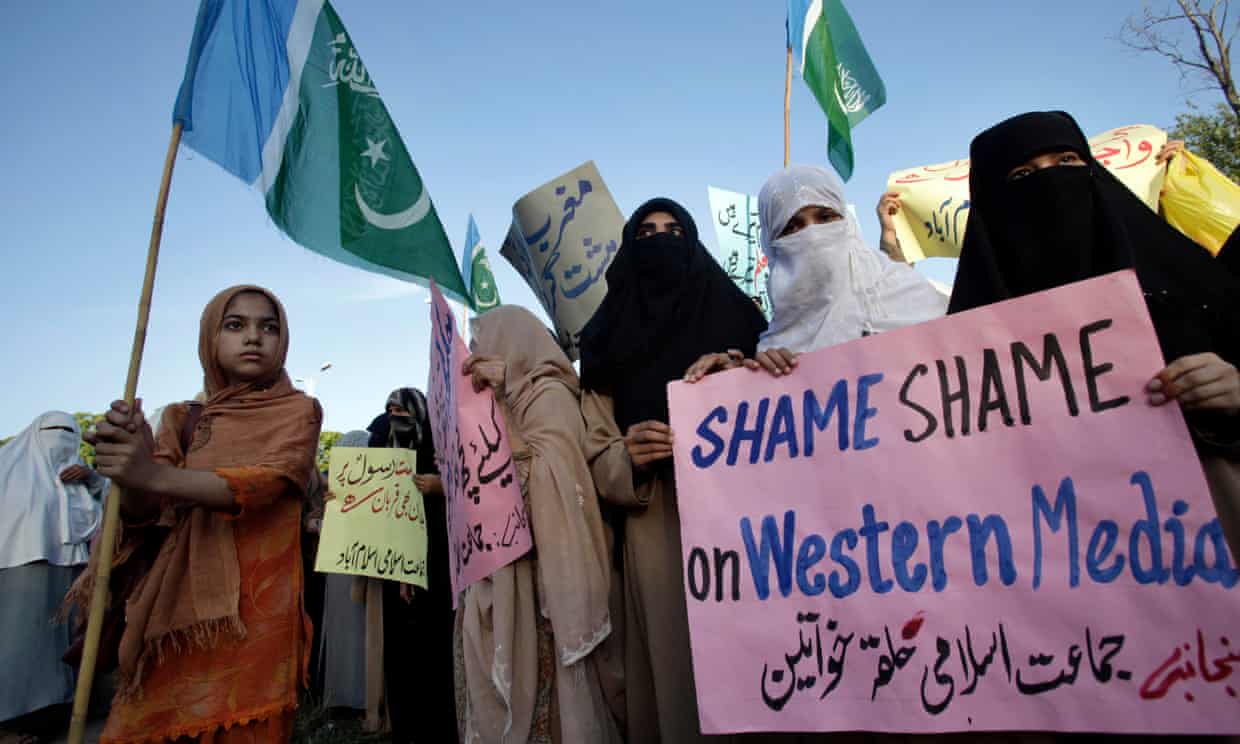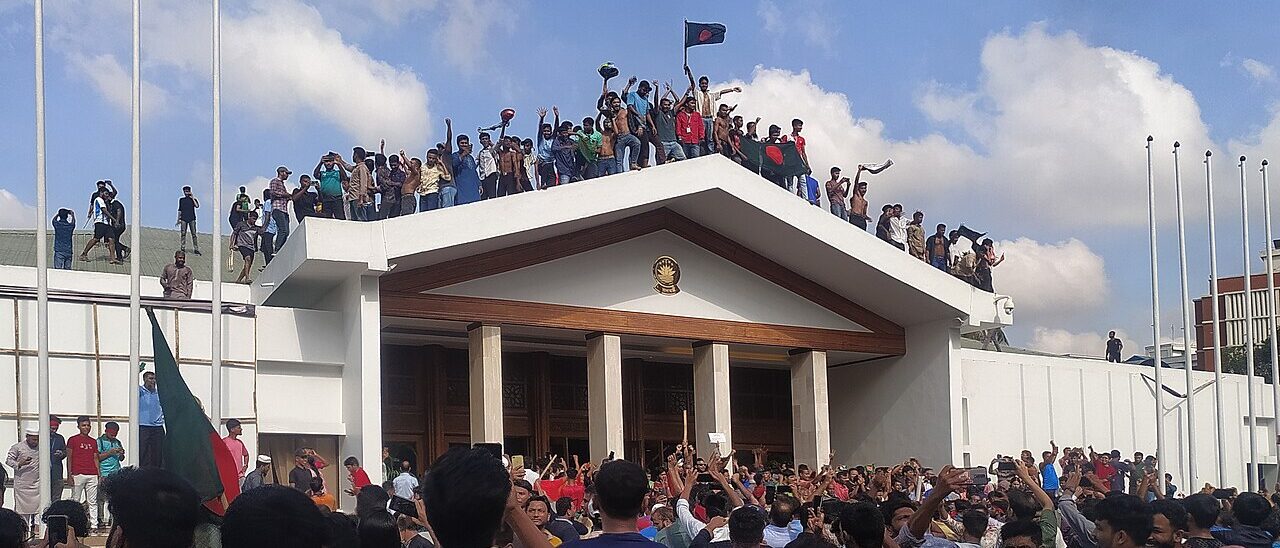By Masood Abdali
The European Parliament passed a resolution with a heavy majority on April 29, 2021, in which it is recommended to the European Commission and the European Council on Foreign Relations (ECFR) to review the benefits of the Generalised Scheme of Preferences-Plus (GSP+) status for Pakistani imports.
There were 662 votes in favour of the resolution while only three members opposed it. The European Parliament consists of 705 members, elected from 27 member countries for a 5-year term.
There is a minimal import duty on products from countries given a GSP status whereas the taxes on products from countries with a GSP+ status are almost none.
The GSP+ is even better than the Most Favourite Nation (MFN) status as under MFN both the parties are bound to give zero tax status to each other whereas the GSP+ is without any condition and a one-sided facility.
Pakistan was given this status in 2014 and the same was extended last year for two years.
However, there are some conditions that the EU has imposed including protection of human rights, labour rights, environmental protection, improved governance in addition to enforcement of 27 international pacts.
The most important of these pacts is the abolition of capital punishment.
The European Union sees capital punishment as a violation of human rights. Asif Ali Zardari had temporarily suspended capital punishment in his tenure to attain GSP+ but Nawaz Sharif restored the death penalty following an attack on Army Public School, Peshawar. It is interesting to note that the resolution presented by the government to restore capital punishment was supported by the Pakistan People’s Party whereas Jamat-e-Islami, Jamiat Ulema-e-Islam and Pakistan Tehreek-e-Insaf had opposed it.
The European Union demands that articles 295 B and C about the blasphemy law should be abolished as well.
There should be an amendment in Anti-Terrorism Act, 1997 for hearing blasphemy cases in civil courts rather than at anti-terrorism courts and accused be allowed bails.
The death sentences of Shagufta Kausar and Shafqat Emmanuel, under the blasphemy law, should be annulled and they should be released. Shafqat Emmanuel and his wife Shagufta Kausar were sentenced to death in 2014.
The government of Pakistan was further asked to provide Shagufta Kausar and Shafqat Emmanuel with necessary medical facilities keeping in view their health conditions.
The government of Pakistan was urged to take effective measures to stop violence instigated by Tehreek-e-Labbaik Pakistan.
Concerns were also expressed in the resolution over anti-France sentiments and continuous protests against France were termed unacceptable.
It further mentioned that the resolution in the National Assembly for the expulsion of the French ambassador has also increased the pressure against France.
The EU resolution also admitted that not a single accused has been hanged in Pakistan under the blasphemy law so far; however, minorities were afraid of this law.
The resolution urged Pakistan to annul the sentences of all those convicts who had been awarded death sentences and provide them with justice.
The resolution also lauded the decision of the Supreme Court of banning the death sentence to convicts with mental illness.
This EU resolution was neither presented to the standing committee for review nor was it brought for discussion before voting.
The European constitutional experts say this resolution is nothing more than a set of recommendations. Such motions are called non-binding resolutions in parliamentary terms.
The real decisions are made by the European Commission. There is one vote from each affiliated country in this 27-member institution. However, the majority by which this resolution was passed shows the inclination of the people in Europe.
The originator of the resolution, Charlie Weimers a member of the Swedish Democratic Party, is a part of the anti-Islam troika. French opposition leader Marine Le Pen and Geert Wilders from Holland are on the other two members of this troika.
Weimers started his activities as a student leader when he was elected as the president of Young Swedish Christian Democrats. Later, he attained the membership of the Christian Democratic Party.
He was expelled from the Christian Democratic Party in 2018 due to his racism, biased attitude and fascist way of communication. Later, he joined Sweden Democrats. This party has a single point manifesto of purging Europe of Muslims.
Minister for Human Rights Dr Shireen Mazari gave an excellent comment on this situation. She tweeted:
“Unfortunately, the originator of the anti-Pakistan resolution in the European Union is a member of a party that the Swedish prime minister called “new fascist party with a single agenda with Nazism and racist roots.”
As a whole, the resolution is an intrusion in Pakistan’s internal affairs and a clear violation of diplomatic values.
Lawmaking, constitutional amendments and abolishment are the domain of the country’s parliament and any interference in this matter is unacceptable for a sovereign state. Recently, Paris was so much provoked over remarks by President Arif Alvi on the French law of scarf ban that the Pakistani ambassador was summoned by the foreign ministry and was handed over a written complaint.
Drawing attention towards flaws in law is not an objectionable act but linking lawmaking with trade relationships is a clear violation of diplomatic values.
The present law of blasphemy is in place since 1997 and Pakistan was granted the benefits of GSP+ in its presence in 2014. And now when the country is facing an economic crisis, insisting upon lawmaking in exchange for an extension in GSP+ status is nothing but blackmailing.
Also, there is a chance that if these demands are accepted under pressure now, soon we would be asked to repeal the amendment related to the law on the finality of prophethood.
The USA and Europe have strong reservations over Pakistan’s nuclear programme. Who knows that the GSP+ status wouldn’t be linked to the rolling back of the nuclear programme in future?
Financial hardships are there, but Europe understands very well the importance of Pakistan in the current situation in Afghanistan. Despite all their efforts put together, Washington DC and Brussels couldn’t find an alternative to Pakistan in this scenario.
The West knows it very well that Pakistan’s cooperation is crucial for peace and keeping an eye on terrorism in Afghanistan. Now it is up to Pakistan’s leadership that how they bring Brussels to terms and highlight the country’s strategic importance.






